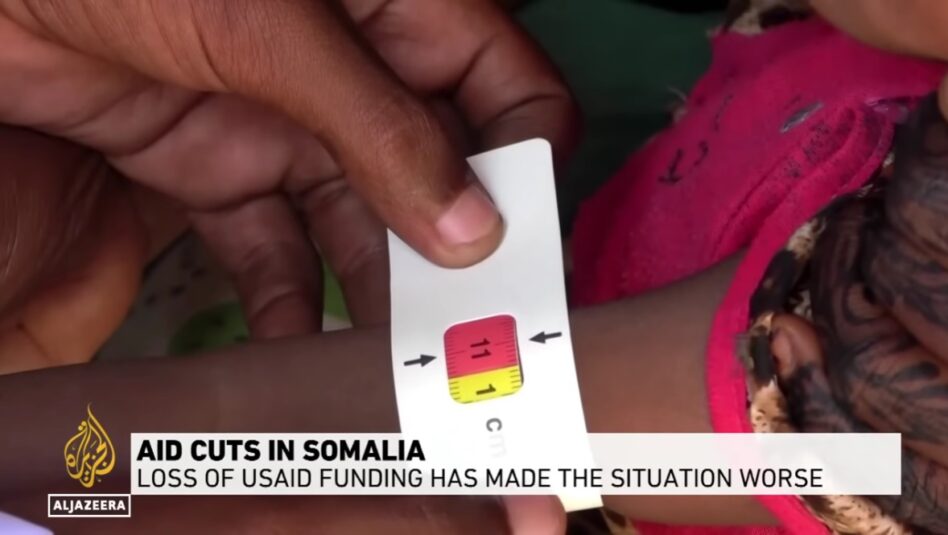IS money more important than saving lives?
It is inevitable to go back to such basic question to ascertain the impact of the ‘double-barrel’ measures of the re-imposition of movement control order (MCO 2.0) and the declaration of a state of emergency (till Aug 1) to manage the widespread COVID-19 infection rate in Malaysia.
Even as the details outlined by Prime Minster Tan Sri Muhyiddin Yassin do not appear to place additional curbs on economic activities beyond what was stipulated under the MCO 2.0, a near-term gross domestic product (GDP) drag to the tune of -0.7% for each fortnight of implementation is inevitable, estimated CGS-CIMB Research.
“Our initial assessment is the implementation of MCO 2.0 will lead to higher corporate earnings risk, while the state of emergency could negatively impact foreign investors sentiment on Malaysia (overleaf for details),” research head Ivy Ng Lee Fang pointed out in a strategic note.
With regard to the state of emergency, she based her assessment on the recent withdrawal of support from two Umno Members of Parliament (MPs) for Perikatan Nasional (PN), thus leaving the Government with a backing of only 109 out of 220 MPs currently.
“We maintain our end-2021 FBM KLCI target of 1,759 points but expect the market to be more volatile on concerns over earnings and political risks,” added the research house.
Meanwhile, Affin Hwang Asset Management opined that the much-expected lockdown event has mostly been factored in by the market with correction prior to and post announcement.
Nevertheless, the state of emergency announcement was a surprise to the market.
“There will no doubt be concerns raised from various government parties, which was eyeing a breakdown of the weak coalition as a route to power,” noted the asset bank-backed asset management firm.
It nevertheless is of the view that the market will come to appreciate such event after a typical knee-jerk sell-off.
“The alternative is an election during a health crisis with the likely result of a hung parliament and accelerating the spread of COVID-19,” rationalised Affin Hwang Asset Management. “Weak coalition makes for weak policy making due to political compromises.”
The bottom line, according to the asset manager, is that it does not think equity markets will see a severe sell-down.
“Political stability is the better alternative,” it opined. “Whether there will be upside will depend on new government policy to drive growth which is not known at this point in time.” – Jan 13, 2021









